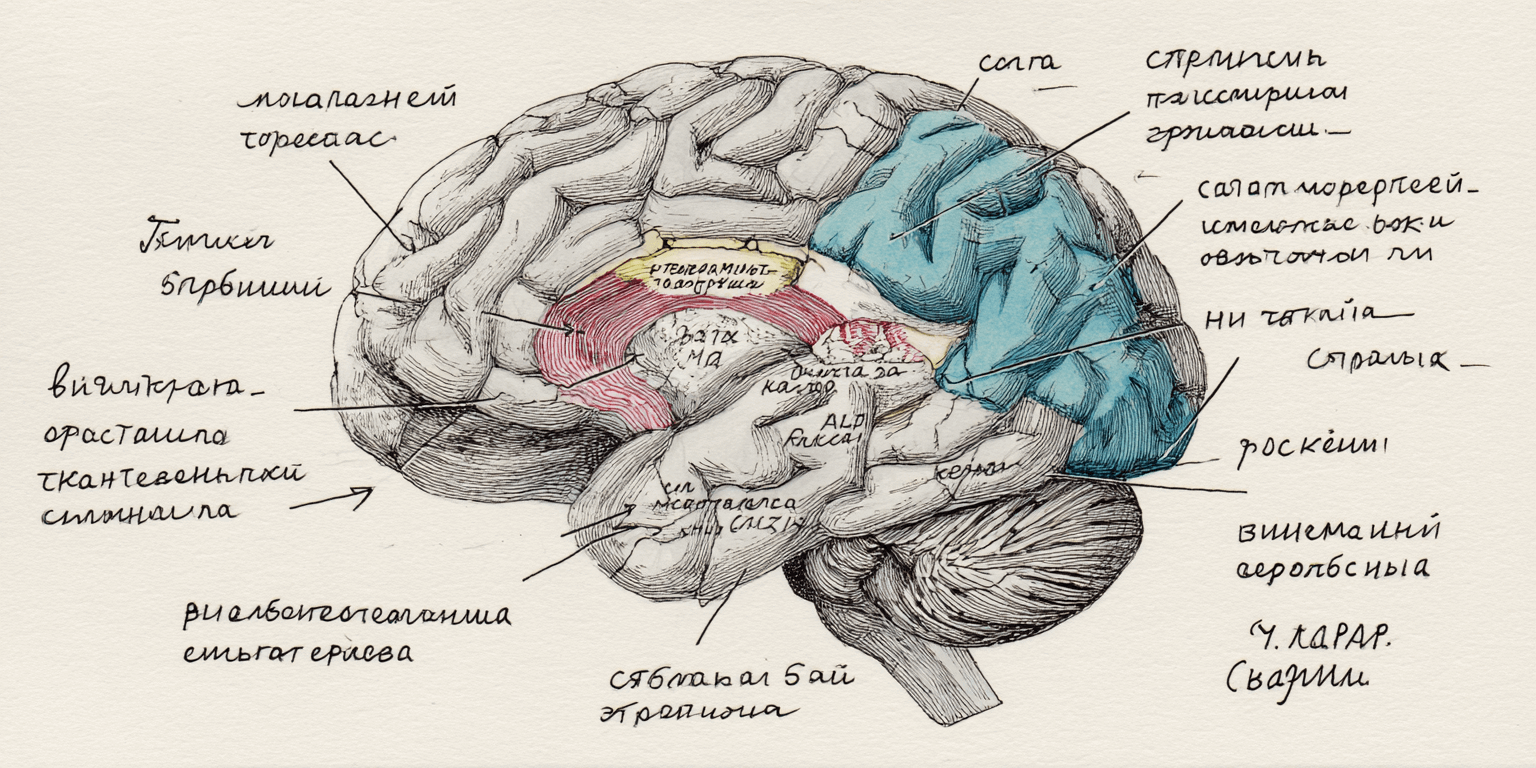ʿAbd ur-Raḥmān Hugh
May 16, 2017
5 mins read
It is an obligation to call to Islam, to persevere in doing so, and to provide clear clarification. Islamic legislation appeals to the intellect, directing that it be taken into consideration and properly utilised, for it is a faculty by which a person is held accountable. Moreover, the intellect guides one towards Islamic legislation and bears witness to its soundness and to the correctness of what it encompasses.

Questioner: In recent times, those who glorify the intellect and tread the path of the Muʿtazila have become many. In fact, when it was said to one of them: ‘What you are saying is the same as what the Muʿtazila say’. He replied: ‘And what are the Muʿtazila except a group of scholars.’
What is your advice regarding this, especially as we sit with people and even relatives who have studied in the west; and consequently have taken on board the toxic world view of hedonism and also doubts regarding Islam. They discuss these issues in gatherings with general people. Should we get up and leave or sit and refute them?
Shaykh Ṣāliḥ ibn Aal-Shaykh: The obligation is to call to Islam and to persevere and clarify. The legislation of Islam directs to the intellect. It directs to taking the intellect into consideration and that it should be used; and that it is a device that man is held accountable for. Also, the intellect directs us to the Islamic legislation and attests to its accuracy and the correctness of what it comprises.
The intellect and the Islamic legislation do not oppose each other. The legislation is a judge and the intellect is a witness. It bears witness to the good that is in this legislation and the correctness therein. The legislation judges [meaning:] Allāh ﷻ has judged with His decree:
۞ وَتَمَّتۡ كَلِمَتُ رَبِّكَ صِدۡقً۬ا وَعَدۡلاً۬ۚ لَّا مُبَدِّلَ لِكَلِمَـٰتِهِۦۚ ۞
And the Words of your Lord have been fulfilled in truth and justice. None can change His Words. [Q 6:115]
So the legislative words of Allāh ﷻ judged truthfully and in justice, case closed. Therefore, whoever rejects the intellect, rejects the Islamic legislation. Likewise the one who glorifies the intellect and raises it above the Islamic legislation has also rejected the legislation. For this reason Ibn Taymīyyah authored a famous book: ‘The Intellect and the Text’, addressing the relationship between the two. It is also known as: ‘The Coinciding of sound intellect with authentic text’ or also known as ‘Preventing a contradiction between sound intellect and authentic text’.
Ibn Qayyim said about it in his poem ‘Nūniyyah’: “Read the book: The Intellect and the Text which there exists no other like it”
Originally, glorifying the intellect and giving it precedence over the text came from the Jahmīyyah and then the Muʿtazila and then the ʿAshāʾirah. From the principles of the ʿAshāʾirah is that the intellect is given precedence over the text in issues concerning the unseen. As for the samʿīyah, they have research regarding it. This is something that is well known.
The intent here is that the student of knowledge or the caller to Islam must firstly understand the relationship between the intellect and the text [Qurʾān & Sunnah]. Secondly, contemplate over what is relayed of Islamic issues which the person claims opposes the intellect. He should not be hasty and blindly reject it if he does not understand the intent of it. Rather, if he studies the matter he should then clarify that there is no opposition between the text and the legislation.
Because the intellect, by default, has limitations at which it stops at when it doesn’t know something. The affairs of the unseen are such that if the intellect tries to venture into them saying: ‘No! This is not correct’. Then in reality he is not an intelligent person because admitting the inability to perceive something is in itself perceiving. He hasn’t perceived it nor has he seen it so how can he negate the existence of something that he can’t see!
For example if a person were to say: This electricity that is in front of you, what is electricity? It doesn’t exist. What is running through the cable? Is there anything passing through it? Is the cable a conduit for something to pass through it? No [a person can’t propose this]. Therefore, there are many things that are known by way of their effect, and their reality is not visible or perceived.
For example sleep, what is the reality of sleep? Doctors say: we have not perceived the reality of sleep. But you know sleep, its effect upon the body, if a person lacks it or what will happen to him, and when he sleeps etc. For example air, we have an empty void… so where is air?
So if a person were to inform about the existence of air, he would be informing about the existence of something that the intellect affirms –not from actually seeing it, but rather by him perceiving the effects of it.
Likewise, many of the Islamic texts. If they pertain to the affairs of the unseen, he would say: ‘the intellect rejects these things’ and thus he would be insulting his own intelligence because the intellect cannot negate something that it cannot perceive. For example, the Ḥadīth wherein Prophet Musá dislodged the eye of the angel